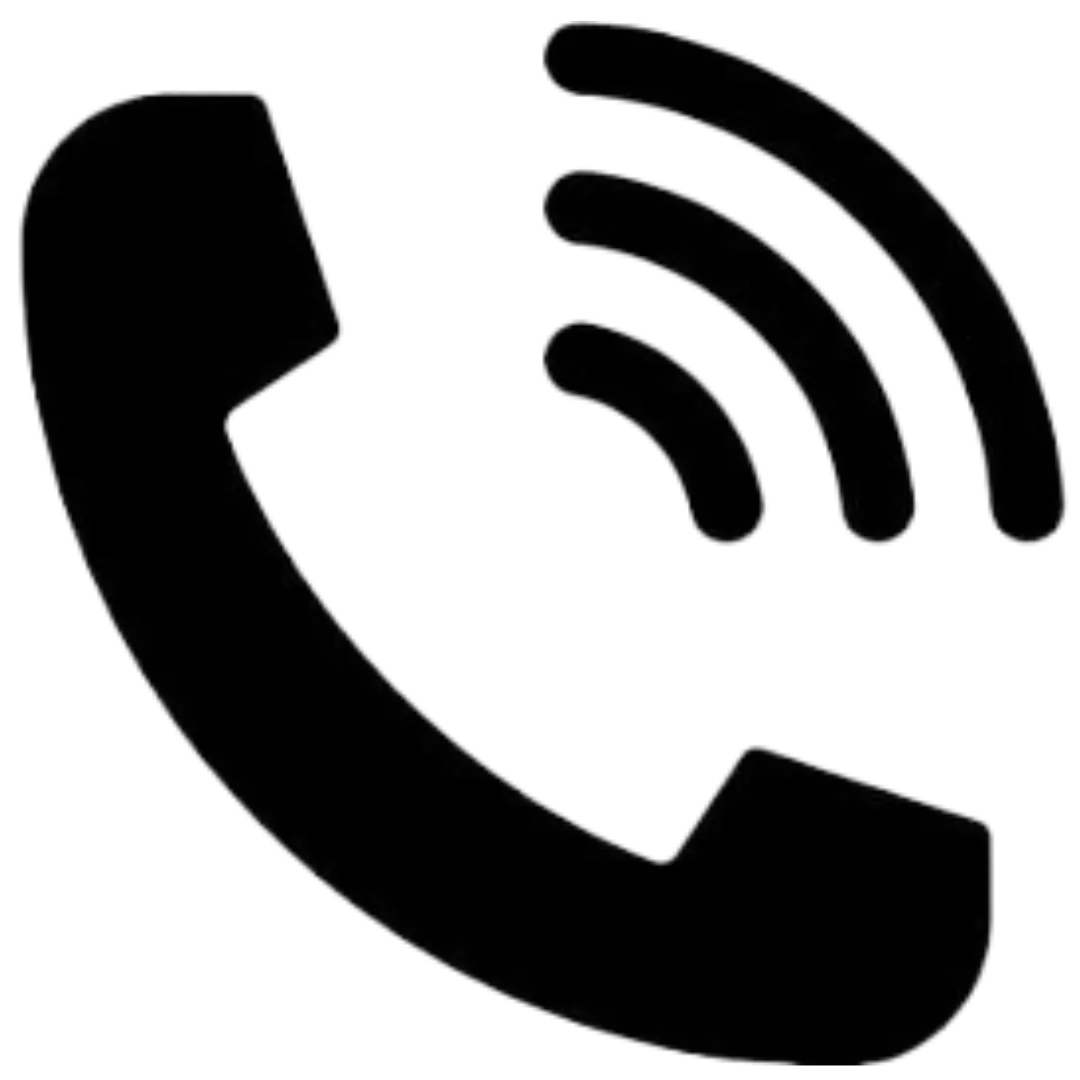
What is bookkeeping and why is it vital from day one?
Many entrepreneurs start their business full of enthusiasm, energy, and vision, but they often neglect one of the most important pillars for long-term success: financial organization. Bookkeeping may sound like a complicated term, reserved for large companies or accountants, but the truth is that every business, no matter the size, needs bookkeeping from day one.
In this article, you’ll learn what bookkeeping really is, how it works, why it’s so important from the start, and the best practices every entrepreneur should apply.
What is bookkeeping?
Bookkeeping is the systematic recording of all financial transactions of a business.
This includes:
Income (sales, services, investments received)
Expenses (salaries, suppliers, rent, services)
Tax payments
Accounts receivable and payable
Think of bookkeeping as the financial diary of your business: it records every money movement and organizes it so you always know your company’s real financial health.

Difference between bookkeeping and accounting
Although often confused, bookkeeping is not the same as accounting.
Bookkeeping: focuses on recording transactions in an organized way.
Accounting: interprets those records to generate financial reports, strategies, and tax planning.
Bookkeeping is the foundation of the house, while accounting is the structure built upon it.
Why is it vital from day one?
The most common mistake entrepreneurs make is delaying bookkeeping. Here’s why it matters from the start:
Real business visibility: know exactly what comes in, what goes out, and how profitable you are.
Avoid tax errors: clear records prevent mistakes and IRS penalties.
Access to financing: banks and investors require clear financial reports.
Better decision-making: identify unnecessary expenses and growth opportunities.
Save time and money: staying organized from the beginning prevents chaos at tax season.
Consequences of skipping bookkeeping
Not keeping track of your finances from day one can cause:
Loss of control: you don’t know if you’re actually making or losing money.
Financial stress: disorganization leads to errors in payments and debts.
Penalties: failing to comply with IRS regulations can be costly.
Missed opportunities: inability to prove income may block loans or contracts.
Tools and methods to get started
You don’t need to be an accountant to do basic bookkeeping. Today, there are easy-to-use tools like:
QuickBooks: ideal for small to mid-size businesses.
Xero: simple and flexible platform.
Wave: free, good for small businesses.
Excel or Google Sheets: a starting option, though less practical long-term.
The key is consistency: record every transaction as it happens.

Best bookkeeping practices for entrepreneurs
Separate personal and business accounts.
Record every income and expense, no matter how small.
Keep digital copies of receipts and invoices.
Review your books weekly.
Use clear categories (rent, supplies, marketing, salaries, etc.).
Get expert help as your business grows.
Should I DIY or hire a professional?
It depends on your stage:
If just starting out: you can manage with simple software.
If you have employees, recurring clients, or multiple accounts: hiring a professional saves time and avoids mistakes.
A professional bookkeeper not only records but also organizes and provides peace of mind that your finances are in order.



